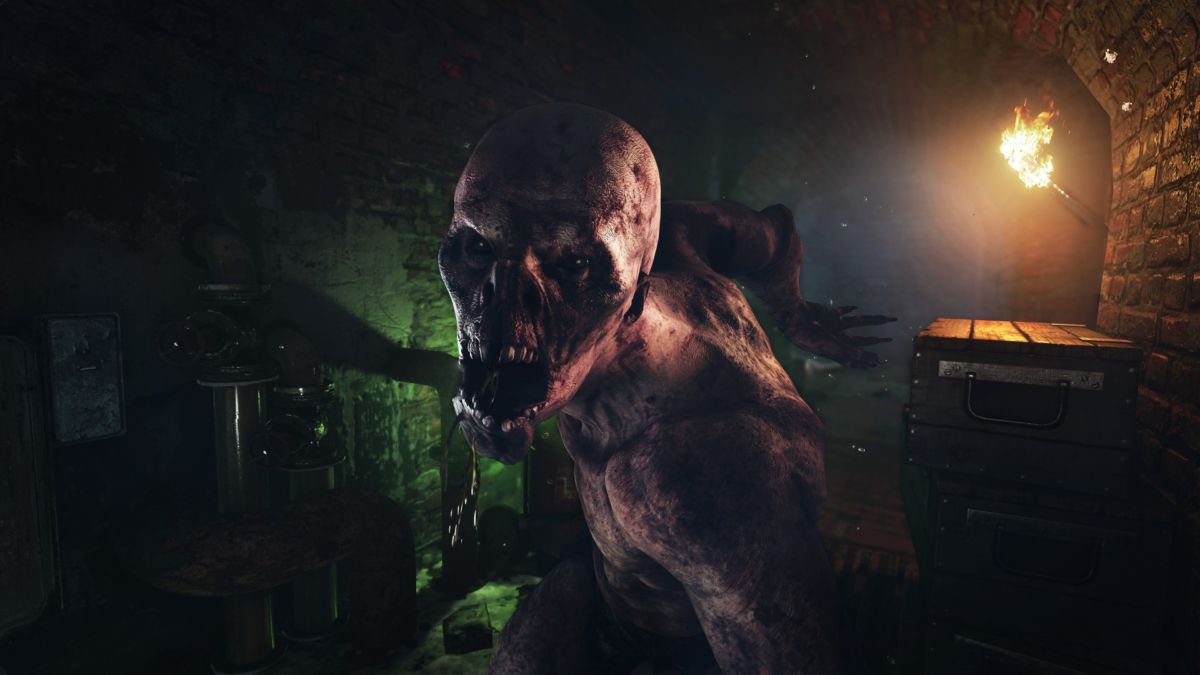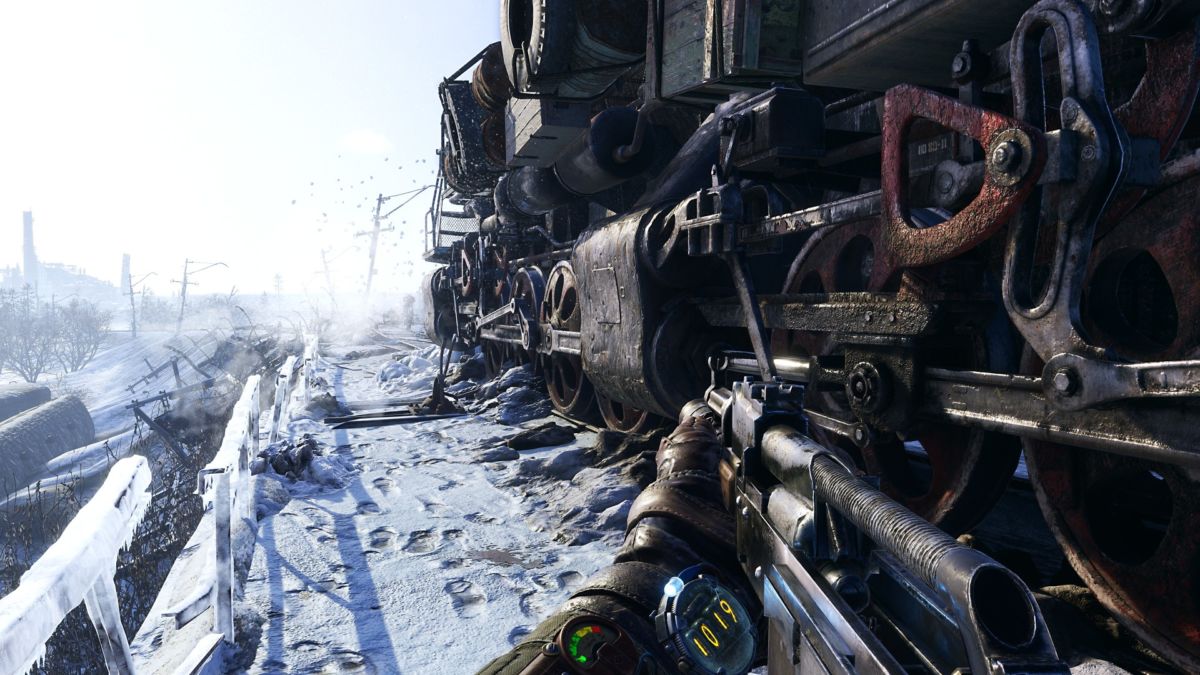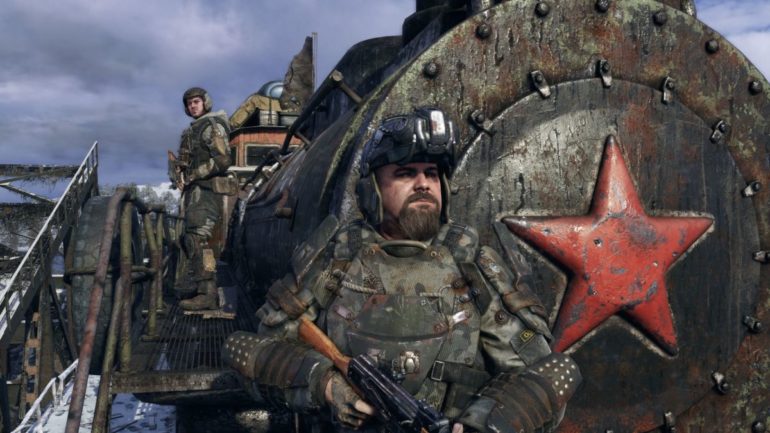When it comes to survival horror games, I hold few titles in as high regard as the Metro series. Adapted from novels written by Dmitry Glukhovsky, both Metro 2033 and its sequel Metro: Last Light were remarkably exciting and tense explorations of an irradiated Moscow filled with hellish monsters and fascists.
While both are exceptional, they more or less blend together as a continued exploration of the familiar metro underground setting. When presented as the first and second chapter, the environmental deja vu is forgiven as its gameplay makes up for this shortcoming. But with the announcement of a third and final chapter, Metro Exodus, fears that this beloved series would be bookended by more of the same began to rise.
As the series had almost spanned a decade, to be presented with yet another linear underground Metro experience would mar its legacy with a whimper of an ending. Developers 4A Games realized how vital a breath of fresh air was for Metro’s legacy, and their willingness to risk fundamentally altering the tried and true gameplay, is ultimately what allows Exodus to succeed.

You’re planted firmly into the boots of the savior of the Metro, Arytom, who just can’t seem to stay out of trouble, finds himself on the verge of death once again. After almost succumbing to radiation poisoning, Artyom sets out to once again determined to prove that there’s life outside of Moscow. Artyom uncovers a plot to suppress communications from the very much alive outside world, and after hijacking a train with his wife Anna and a special forces team in tow, set out in search of a future worth living. While the story and character development have never been Metro’s strong-suit, it’s serviceable enough that it sets up Exodus’ newest and most vital gameplay feature: a living and breath open-sandbox world.
Leaving behind the dark and dingy metro underground allows the player to explore a well-balanced variety of vast outdoor environments, other than the typical snow covered, irradiated metro city streets. Lush environments full of color and detail represent different seasons that coincide with the game’s plot. Each season brings with it a new, and sprawling environment for the player to explore, from marshlands to desert to blooming wilderness, each ripe with the series penchant for highly detailed environmental storytelling.
Environments are filled with dilapidated structures to explore, bandit camps to clear, and wildlife to interact with. The world is expansive and filled with deadly mutants roaming the ash covered shores, bandits patrolling highways, and larger than life monsters lurking beneath the waters. Each new environment offers a solution to avoid the fatigue of trooping it across the vast distances you’ll have to cover to reach mission objectives. Introducing vehicles such as a boat and van ensures the player can avoid fatigue while exploring all that Exodus has to offer.

READ NEXT: The Best Open World Games
I was fearful that in this new-found expansiveness Metro’s standard of exceptional environmental storytelling would become lost. It doesn’t take long for this unfounded fear to dissipate, as the player can infer the fate of corpses or entire structures just by examining their surroundings. In many ways, Exodus does a better job of presenting a post-post-apocalyptic world than say a game like Fallout 4 did, as its large setting is filled with notable landmarks that provide a good variety of exploration and combat challenges.
When drastically altering established parameters of a franchise, developers run the risk of alienating passionate fans of previous titles. Cries of “This isn’t Metro!” would surely be hurled at 4A Games for their “daring” to bastardize the tried and true formula. Thankfully, to appease a vocal minority of outcries, they decided to break up these open world sections with more traditional linear underground levels that the Metro series is known for. What seems like an obvious solution, in the long run, is brilliant in maintaining the games pacing, providing a completely new experience that acknowledges its roots.
Metro Exodus is certainly not without its faults, nor would I consider it the best of the trilogy, yet it is a terrific conclusion to a series that has consistently delivered a tense and terrifying world. It stays true to the fundamentals and mechanics of past entries while challenging both tradition and expectations. Exodus’ changes and amendments are drastic, but it’s all the better for them.
Some of the coverage you find on Cultured Vultures contains affiliate links, which provide us with small commissions based on purchases made from visiting our site.

